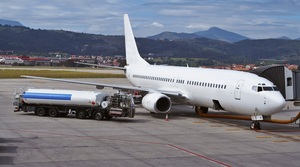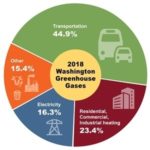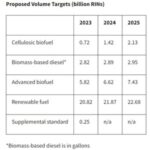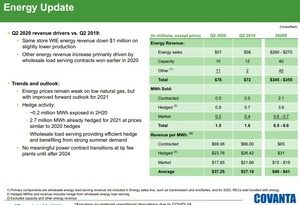Biofuel groups ask Congress to clarify SAF credit
Energy Disrupter
ADVERTISEMENT
Today, Growth Energy, National Biodiesel Board, NATSO, representing America’s travel plazas and truckstops, and SIGMA: America’s Leading Fuel Marketers, asked Congressional leaders to exclude fuels made by co-processing biomass with petroleum at oil refineries from proposed sustainable aviation fuel (SAF) tax incentives. Co-processed fuels are ineligible for the biodiesel and renewable diesel tax credit. The groups asked Congress to clarify language in the Build Back Better Act to ensure that all transportation fuels – including aviation fuels – made by co-processing biomass with non-biomass feedstocks are ineligible for incentives.
“To prevent stranding investments in existing and emerging environmentally beneficial biofuels facilities in rural America, and to ensure that any new SAF incentives are consistent with other tax incentives in driving economic, employment and environmental benefits, we respectfully request that lawmakers amend the definitions of SAF in both the Sustainable Aviation Fuel and the Clean Fuel Production Credit to clarify that eligible SAF does not include fuels derived by co-processing biomass with a feedstock that is not biomass,” the letter states.
A copy of the letter is available to download.
The U.S. biodiesel and renewable diesel industry supports 65,000 U.S. jobs and more than $17 billion in economic activity each year. Every 100 million gallons of production supports 3,200 jobs and $780 million in economic opportunity. Biodiesel production supports approximately 13 percent of the value of each U.S. bushel of soybeans.
















